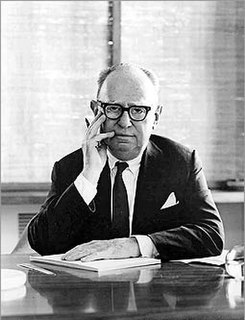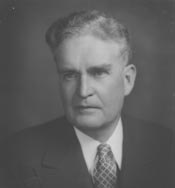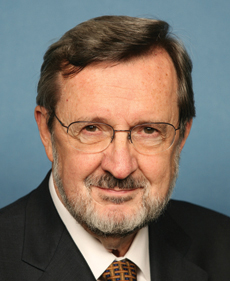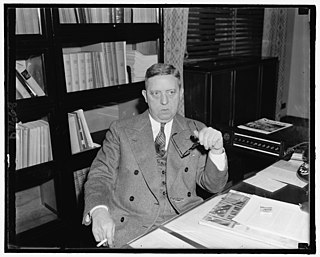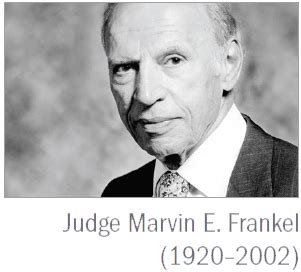A Quote by Leo Burnett
Good advertising does not just circulate information. It penetrates the public mind with desires and belief.
Quote Topics
Related Quotes
The fact is that much of advertising's power comes from this belief that advertising does not affect us. The most effective kind of propaganda is that which is not recognized as propaganda. Because we think advertising is silly and trivial, we are less on guard, less critical, than we might otherwise be. It's all in fun, it's ridiculous. While we're laughing, sometimes sneering, the commercial does its work.
I suppose I ought to think up some dramatic, quotable phrase for Public Information and the history books, but I'm damned if any of them come to mind. Besides, admitting the truth wouldn't sound too good. The truth, Russell, is that now the moment's here, I'm scared shitless. Somehow I don't think even Public Information could turn that into good copy.
The faults of advertising are only those common to all human institutions. If advertising speaks to a thousand in order to influence one, so does the church. And if it encourages people to live beyond their means, so does matrimony. Good times, bad times, there will always be advertising. In good times, people want to advertise; in bad times they have to.
One can think of a secretary actively operating a filing system, of a librarian actively cataloguing books, of a computer actively sorting out information. The mind however does not actively sort out information. The information sorts itself out and organises itself into patterns. The mind is passive. The mind only provides an opportunity for the information to behave in this way. The mind provides a special environment in which information can become self-organising. This special environment is a memory surface with special characteristics.
Man must learn to believe in that which he does not, at the moment, see in order to grant himself that which he desires to have. Man's prayers are always answered, for he always receives that which he believes. The law that governs prayer is impersonal. Belief is the condition necessary to realize the desire. No amount of pleas or ritual will bring about the fulfillment of your desires other than the belief that you are or have that which you want.
The counsel on public relations is not an advertising man but he advocates for advertising where that is indicated. Very often he is called in by an advertising agency to supplement its work on behalf of a client. His work and that of the advertising agency do not conflict with or duplicate each other.
The public does not like you to mislead or represent yourself to be something you're not. And the other thing that the public really does like is the self-examination to say, you know, I'm not perfect. I'm just like you. They don't ask their public officials to be perfect. They just ask them to be smart, truthful, honest, and show a modicum of good sense.
Every really good creative person in advertising has always had two noticeable characteristics. First, there was no subject he could not easily get interested in...Second, he was an extensive browser in all sorts of fields of information. For it is with the advertising man as with the cow: no browsing, no milk.
Religion becomes a matter of belief, and belief acts as a limitation on the mind; and the mind then is never free. But it is only in freedom that you can find out what is true, what is God, not through any belief; because your belief projects what you think God ought to be, what you think ought to be true. If you believe God is love, God is good, God is this or that, your very belief prevents you from understanding what is God, what is true.
The advertising industry is one of our most basic forms of communication and, allegedly, of information. Yet, obviously, much of this ostensible information is not purveyed to inform but to manipulate and to achieve a result - to make somebody think he needs something that very possibly he doesn't need, or to make him think one version of something is better than another version when the ground for such a belief really doesn't exist.
Advertising doesn't cause addictions. But it does create a climate of denial and it contributes mightily to a belief in the quick fix, instant gratification, the dreamworld, and escape from all pain and boredom. All of this is part of what addicts believe and what we hope for when we reach for our particular substance.... Addiction begins with the hope that something "out there" can instantly fill up the emptiness inside. Advertising is all about this false hope.
